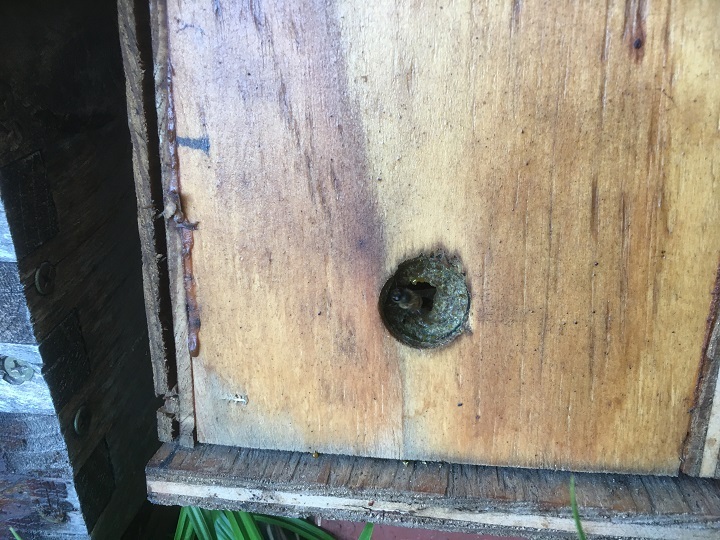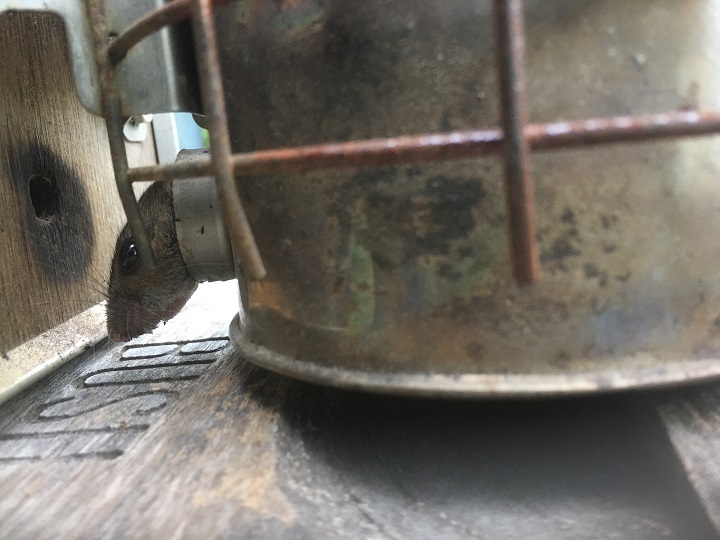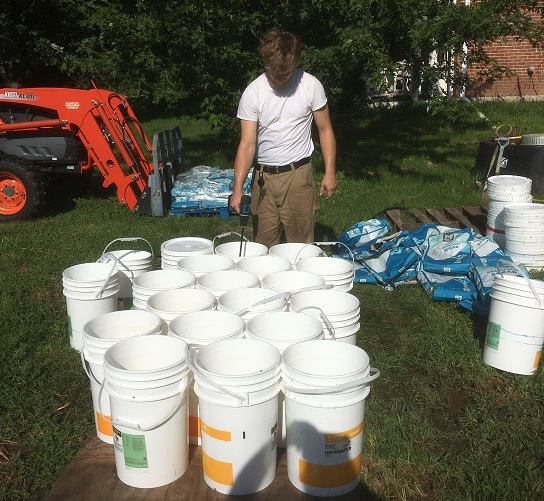Newcomers in any field always seem to feel a bit overwhelmed, so before we get too far into this, let’s talk about learning.
The most important thing you can learn in life is how to learn. I teach computer classes often and have always been a learner myself. I love to learn. I have discovered, though, that most people don't know how to learn. Here are some rules about learning that I don't think most people know.
Rule 1: If you're not making mistakes, you're not learning anything. I had a boss in construction who liked to say “If you're not making mistakes you're not doing anything.” That may be true, but sometimes you are doing repetitious things and you can get to the point that you are not making mistakes, but if you are learning you will make mistakes! This is a fact. Making mistakes and learning are inseparable. If you're not making mistakes you're not pushing the limits of what you know, and if you're not pushing those limits, you're not learning.
My students in my computer classes often comment on how their children learn computers so quickly and easily and wish it was that easy for them. I tell them why it is easy for children. They are not afraid to make mistakes. Children are used to making mistakes. Adults are not. If you want to learn, get used to making mistakes. Learn from them.
I heard a story about a young man who was taking over as a bank president. The person who held the job before had been there for forty years and had made the company a lot of money. The young man asked him for advice before he left. The old man said that to make the bank money you make good decisions. The young man asked “how do you make good decisions?” The old man said, “you make bad decisions and learn from them.” In the end, this is the really the only way to learn. Make mistakes and learn from them. I'm not saying you can't learn from other people's mistakes or from books, but in the end you have to make your own mistakes.
Rule 2: If you're not confused, you're not learning anything. If you are going to be a learner you will have to get used to being confused. Confusion is the feeling you get when you are trying to figure things out. Adults find this disconcerting, but there is no other way to learn. If you think back to the last card game you learned, you were told the rules, which you couldn't remember, but you started playing anyway. The first few hands were terrible, but then you started to understand the rules. But that was only the beginning. Then you played until you started to understand how to play strategically, but until you got good at it you were still confused. Gradually the whole picture of the rules and the strategies and how they fit together started to congeal in your mind and then it made sense. The only way from here to there, though, is that period of confusion.
The problem with learning and our world view is, we think things can be laid out linearly. You learn this fact, add this one and that one and then finally you know all the facts. But reality is not a set of linear facts; it is a set of relationships. It is those relationships and principles that understanding is made up of. It takes a lot of confusion to finally sort out all the relationships. There is no starting and ending point, because it is not a line, it is circles within circles. So you start somewhere and continue until you have the basic relationships.
Rule 3: Real learning is not facts, it is relationships. It's kind of like a jigsaw puzzle. You start somewhere, even though it doesn't look like anything yet. You sort things out by color and pattern and then you start fitting them together. Everything you learn in any subject is part of the whole puzzle and is related to everything else somehow.
The facts are just the pieces of the puzzle. You need them to figure out the relationships, but the pieces themselves don't make any sense until you have them connected. The connectedness of all things is one of the first things you need to learn in order to be able to learn.
A smart aleck news reporter once asked Albert Einstein how many feet were in a mile. Einstein said he had no idea. The news reporter then berated him, because he didn't know. Einstein said that's what he had books for, to look up things like that. He didn't want to clutter his mind with facts.
It is much more important to have a few facts and understand the relationships than lots of facts and no relationships. One little part of the puzzle put together is better than more pieces and none of them put together. Knowledge and understanding are not at all related. Don't go for knowledge; go for understanding, and knowledge takes care of itself.
Rule 4: It's not so important what you know as it is that you know how to find out. I read Tom Brown’s Field Guide to Wilderness Survival. I read survival guides all the time, but they usually frustrate me because they give recipes. Take this and that and do this with it and you have a shelter. The problem is, in real life you usually don't have one of the ingredients. Tom Brown, though, in his chapter on shelter, showed how he learned how to build a shelter. Telling you how to build a shelter and telling how to learn to build a shelter are as different as night and day. What you want to learn in life is not what the answers are, but how to find the answers. If you know that you can adjust to the materials and situations available.
The usual method is to look around and pay attention. Tom Brown learned to build a shelter by watching the squirrels, but he could have watched any animal that needed shelter and learned from them. Watching how other people and animals solve their problems and adapting those solutions is one way to learn.
I consider propolizing a good trait for bees (maybe not for the beekeeper). Here is a mating nuc I found this year. The drilled hole is about 5/8". The reduced hole is about 5/16".
It wasn't working right and then it would and then it wouldn't. This is what I found. It couldn't get out, so I left it and used another smoker. It was finally out after two days.
We needed to feed because of a dearth and we still needed to finish building up the 8 frame nucs for winter. We bought 50 six gallon buckets and bought 3,450 pounds of sugar in 25 lb bags. We worked out the maximum strength we could do with hot water from my tap (140 F) and not have it crystallize out. We put one 25 pound bag in each bucket with a heaping tablespoon of ascorbic acid, then 18 pints of water and stir it with a five gallon paint stirrer. After 10 to 30 minutes we stir it again.



















